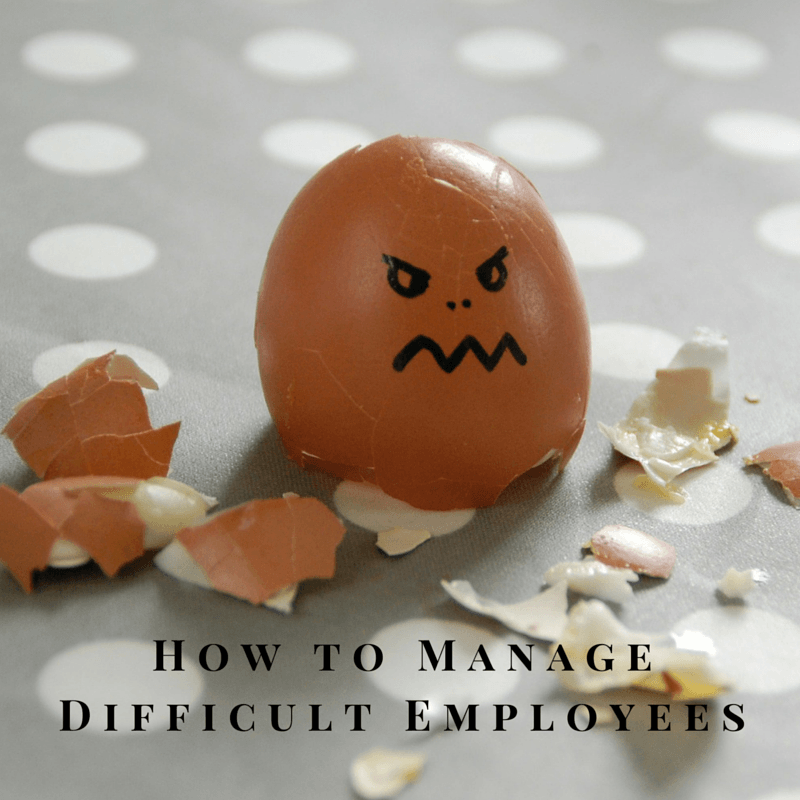
Have you ever been called difficult? Felt out of step with those around you?
Maybe you’ve been told that your results are awesome, but your delivery could use some work.
If you’ve been given the difficult label, with actionable feedback to address it, that’s wonderful. Not the difficult part, but that you have input to help you get past it.
However, what if you have the label, with no actionable feedback? Then welcome home.
What it means to be labeled “difficult”
For the better part of forty years, I’ve been on the see-saw of being a highly talented “difficult person.”
I call it a see-saw because of the ups and downs. On one end, many managers (teachers, friends, family…the list is endless) love the performance. They love knowing someone that can solve difficult problems.
On the other end, they may be uncomfortable engaging with you. Or they may get the occasional feedback of someone else’s discomfort.
Depending on the person, they may think the risk is worth the reward. That whatever “difficult” interactions you have, it’s nothing in comparison to the work that is getting done.
Or, they may want to address it, but are unsure how to get the behavior to change. You may hear a lot of “You’re awesome, but…”
Hearing “but” enough times begins to kill your engagement. It makes you feel as though your output is worthy, but the package it comes in…not so much.
That was my life.
The benefits of difficulty
I’m the one friends and family would call on to solve their challenging problems. I was the “911” project manager at work, tackling any project that was over budget, behind schedule or otherwise couldn’t get done.
I also made folks uncomfortable. It was nothing overt – I didn’t walk on people or treat them poorly. Over time, once folks got to know me, we would connect. Early on, however, I’d get that difficult label thrown at me.
It was frustrating. I was honest (maybe too honest). Hard-working. I treated my teams well. I delivered.
Yet, there was always a “but.”
Leading difficult employees
Leaders get plenty of advice on dealing with difficult employees. I think the advice is mostly wrong.
Late last year, I participated in a tweetchat through #LeadwithGiants, on “Dealing with Difficult Employees.”
Was I such a chore that people needed to “deal” with me? I’m sure I was to some. Maybe too many along the way.
On the chat, I admitted to being a “Recovering Difficult Person”. I tried to share my experience, hoping to influence the perception of what makes a difficult person.
I watched the tweets fly as many leaders provided input on what they thought drove “difficult behaviors.”
None of it fit my experience.
Others provided input on how to handle those same behaviors. Too many responded that after a while, it’s time to move on.
How many of my former managers felt that way? That maybe my output wasn’t worth the effort of managing me?
The right feedback makes all the difference
I’d implore all leaders, please don’t give up on your difficult people. Especially the difficult people.
It took me many years of meaning well and trying to do the right thing. Of wanting feedback – any actionable insight – and receiving nothing but “buts.”
Until one manager was told he had to help me. He had no idea how, so he hired an executive coach.
At first I resisted. I thought she was a developmental coach, and I didn’t need one more person giving me “buts.”
Instead, she changed my life.
I used to feel like people wanted what I could do, but not who I am. Pick pick pick. But but but.
So much of what I do is tied up in who I am – my passion, my work ethic, etc. I did not know how to do what I do and be someone else. I didn’t want to be someone else.
I didn’t think I should have to be someone else.
My coach helped me see that I could be me and still deliver if I added one thing – compassion.
After so many years, I perceived that my value was in my work, but that otherwise others didn’t value me as a person.
I had stopped being human in my interactions. I was a machine – work work work. Deliver deliver deliver.
Once folks interacted with me enough, and I got the sense it was safe, a connection was established and people swore by me. But early on, I’m sure they wanted to swear at me.
Compassion as a tool to transform
Compassion has allowed me to step back and see how others perceive my messages and my delivery. It has allowed me to connect with friends, family, coworkers and customers in a way I didn’t know was possible.
The most wonderful part of this experience has been assisting other difficult people. I can help them understand how they are being perceived, as well as why. They walk away with actionable steps to transform their interactions with others, while staying true to who they are.
Unfortunately, I have met many – too many – individuals who want to do well, and are not receiving feedback to help them better connect with those around them. They are highly talented, and with a little direction, could perform even better…shedding that “difficult” label for good.
I’d like for all leaders who are losing patience with a difficult employee to consider one thing: no difficult employee is a lost cause.
If he or she is generally a good human being that means well, there is hope.
It took me many decades of struggling through work and home. Working with a coach really did change my life. Her actionable input gave me a path to transform from difficult to powerful. From machine to human.
My journey isn’t complete. Unlearning decades of behavior isn’t easy. I not only have to have compassion for others, but compassion for myself.
I try to remember that everyone starts out wanting to add value and do the right thing. Maybe they are lost. As leaders, let’s commit to helping them find their way home.








